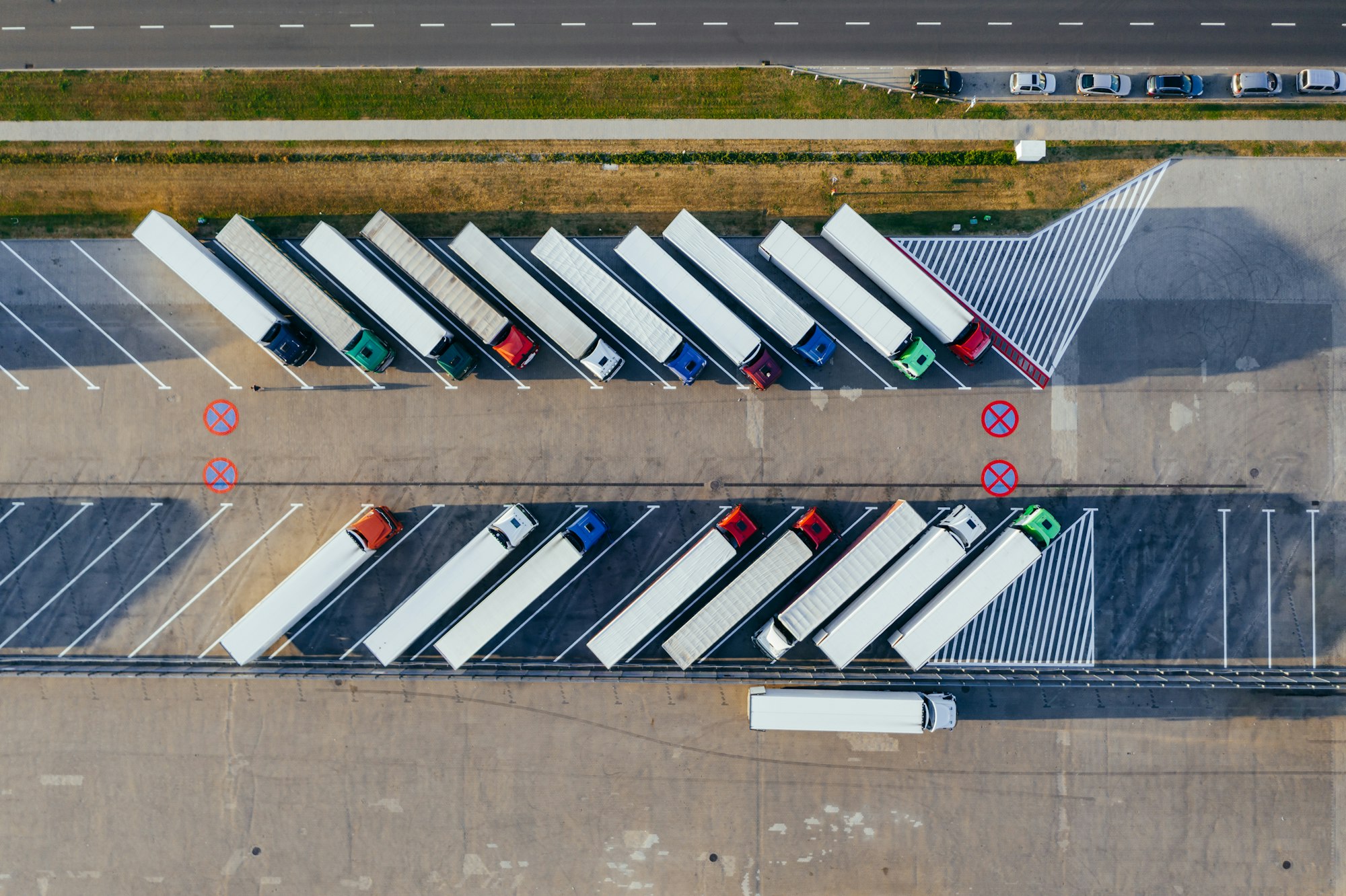Revolutionizing Energy: U.S. Aims to Break Asia's Hold on LithiumIon Battery Supply Chain

The US is aiming to revolutionize the energy sector by breaking Asia's hold on the lithium-ion battery supply chain. Companies like Aqua Metals and 6K Energy are leading efforts to establish a domestic infrastructure, with UBE Corp. constructing a $500 million manufacturing facility in Louisiana. Advancements in battery technology, like Lyten's lithium-sulfur batteries, are also contributing to a greener future. These initiatives aim to reduce dependency on Chinese imports and position the US as a leader in clean energy solutions.
Source: Link
FAQ: Revolutionizing Energy: U.S. Aims to Break Asia's Hold on Lithium-Ion Battery Supply Chain - BNN Breaking
Frequently Asked Questions
Revolutionizing Energy: U.S. Aims to Break Asia's Hold on Lithium-Ion Battery Supply Chain - BNN Breaking
Q: Why is the U.S. trying to break Asia's hold on the lithium-ion battery supply chain?
A: The U.S. is aiming to establish a secure and sustainable lithium-ion battery supply chain to challenge Asia's dominance. This effort is motivated by the strategic importance of these batteries for various industries, including electric vehicles (EVs), renewable energy storage, and consumer electronics. A domestic supply chain would reduce dependence on foreign suppliers and strengthen national security and economic growth. (Source: BNN Breaking)
Q: What efforts are being made by the U.S. to increase domestic EV battery supply chain capabilities?
A: The U.S. is investing in the urgent development of a domestic lithium-battery manufacturing value chain. This involves supporting research and development, encouraging investments, and providing funding for companies that are working on advanced battery technologies and production processes. For instance, the Energy Department announced up to $3.5 billion for companies to advance battery technologies. (Sources: RMI, Energy Department)
Q: What components are critical for lithium-ion batteries and where do they come from?
A: Lithium-ion batteries are composed of several critical materials including lithium, cobalt, and nickel. Historically, the U.S. has been reliant on other countries, such as China, for these raw materials. However, efforts are being made to source these materials domestically or from allied countries to reduce dependence on countries with which trade relations may be less stable. (Sources: BNN Breaking, The Wilson Center Blog Post)
Q: Are there any national strategies outlined by the U.S. for developing the lithium-ion battery supply chain?
A: Yes, the U.S. has released a national blueprint titled "National Blueprint for Lithium Batteries 2021-2030" to guide investments and development in the domestic lithium-ion battery supply chain. This blueprint serves as a strategic plan to accelerate the establishment of a robust and independent supply chain for batteries. (Source: Energy.gov)
Q: Is the U.S. government funding the lithium-ion battery industry?
A: Yes, the U.S. government is actively funding the lithium-ion battery industry. For instance, the U.S. Energy Department has provided an additional $3.5 billion in funding to support advancements in the battery industry and improve the supply chain for secure and efficient energy storage solutions. (Source: Spectrum Local News)
Q: How will these developments in the lithium-ion battery supply chain affect global trends?
A: Efforts by the U.S. to develop its own lithium-ion battery supply chain are expected to influence global trends by reducing Asia's current dominance in the market, fostering more competition, and potentially leading to advancements in battery technology that could impact energy storage and distribution worldwide. (Source: Global Trends 2040 PDF)
Q: What is Executive Order (EO) 14017 and how does it relate to America's supply chains?
A: Executive Order 14017, titled "America's Supply Chains," was signed to address and strengthen the resilience of America's supply chains across critical sectors, including in the development of lithium-ion batteries. This EO aims to support efforts to ensure supply chain security for critical materials essential for important technologies. (Source: Defense Budget Overview)
Please note that these answers are synthesized from the content provided in the search results and may not fully capture the comprehensive efforts or strategies pertaining to the U.S. lithium-ion battery supply chain initiatives.

